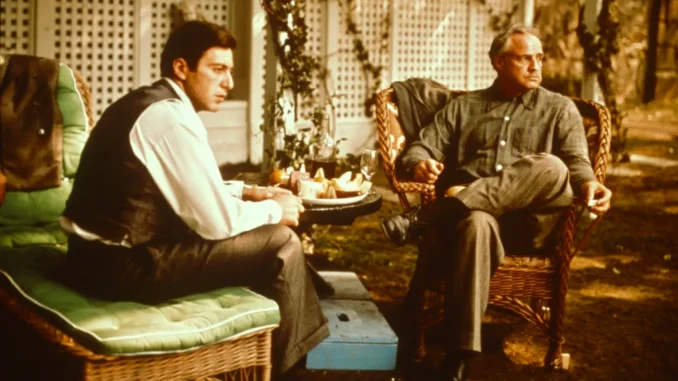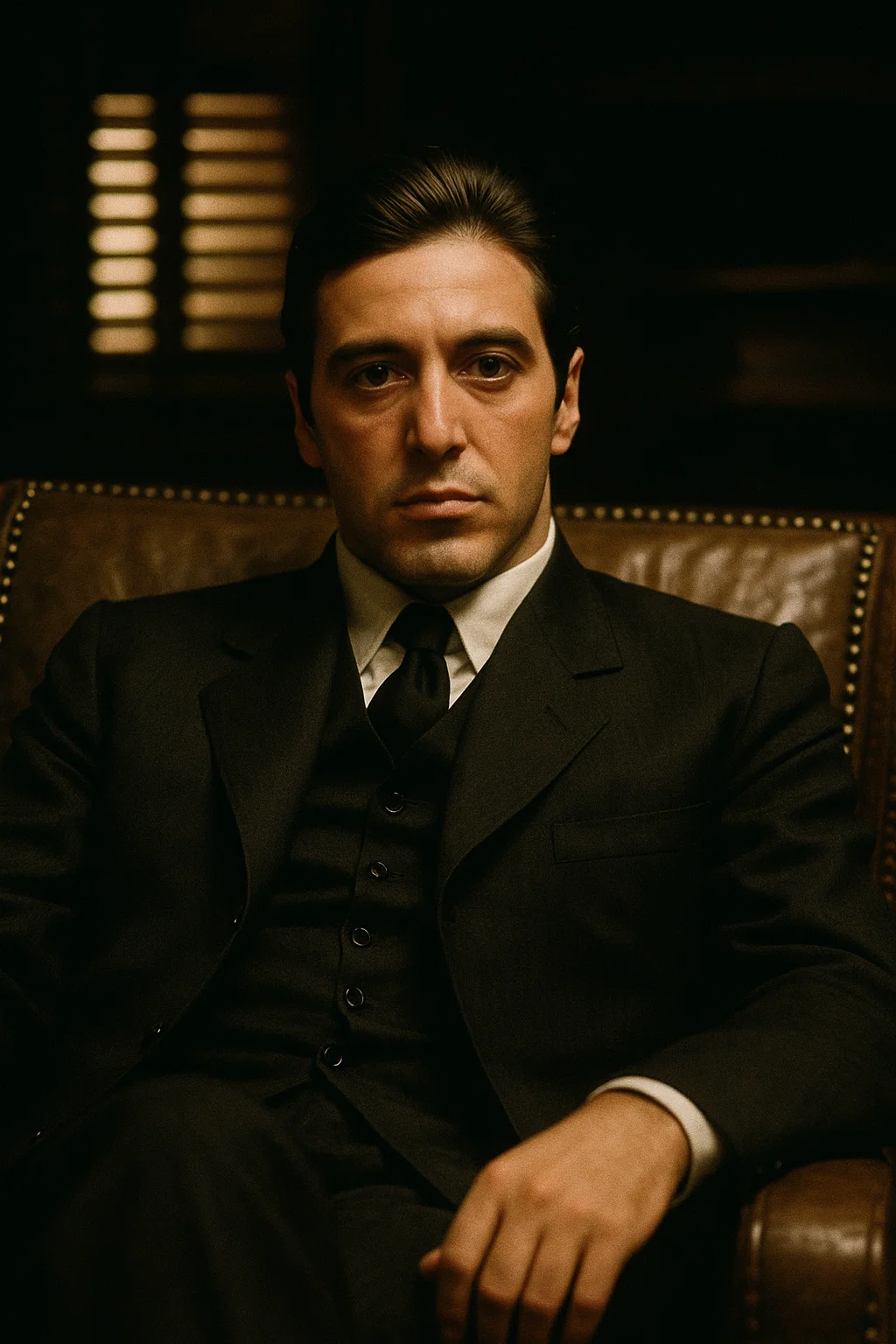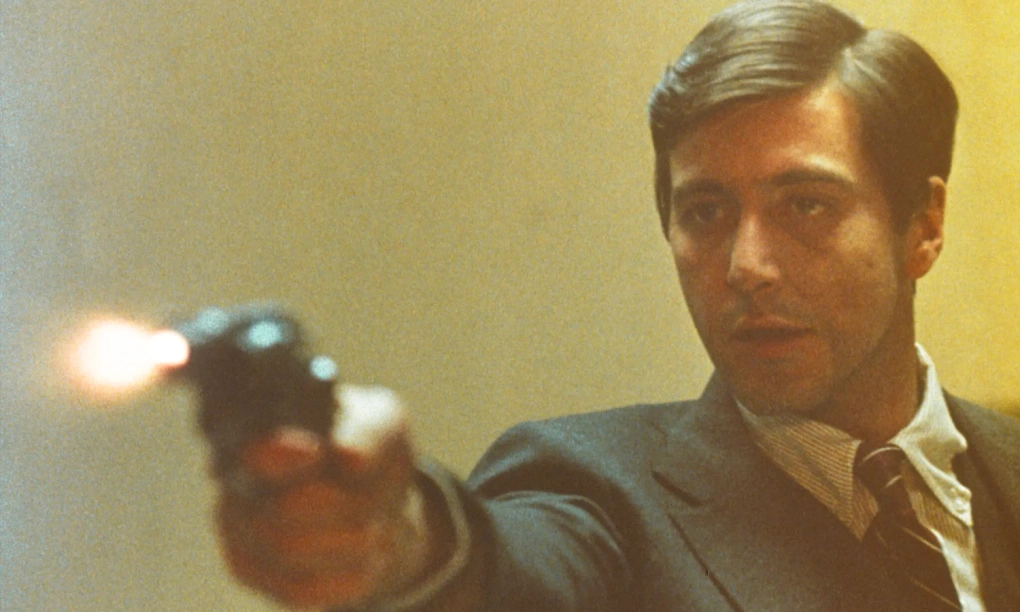
Looking back on more than half a century in cinema, Al Pacino still sees his role as Michael Corleone in The Godfather (1972) as the turning point that defined his destiny—a once-in-a-lifetime opportunity he compares to “winning the jackpot.” In an interview with The New York Times marking the film’s 50th anniversary, the 82-year-old actor recalled: “I am where I am today because of The Godfather. For an actor, the film was like a winning lottery ticket. Once I got the role, all I had to do was give myself entirely to the character.”
A Defining Breakthrough as Michael Corleone
The Godfather premiered in New York on March 15, 1972. The film not only became a masterpiece of world cinema but also catapulted Al Pacino from an unknown stage actor to one of Hollywood’s leading men. At the time, he was hardly considered star material, with studio executives even doubting his look and unconventional acting style. Yet director Francis Ford Coppola fought to cast him as Michael Corleone—the young man who initially rejects his family’s criminal empire but ultimately inherits and expands it.
Pacino admitted he had no expectations of such success: “It’s hard to explain to people today who I was back then. The film hit me like a bolt of lightning, tearing away the veil and forcing every eye on me.”

The Pressure of Sudden Fame
But instant fame was not without its burdens. Pacino likened the experience to being “shot out of a cannon,” overwhelmed by the sudden attention and psychological strain. Becoming the face of a new generation of actors drove him into years of inner turmoil. He turned to stimulants and lived under the constant pressure of proving himself worthy of The Godfather’s monumental success.
Determined not to be typecast, Pacino refused numerous offers to play roles similar to Michael Corleone. For him, repeating himself meant sacrificing artistic growth and individuality.
A Spirit of Rebellion in Hollywood
Michael Corleone also earned Pacino his first Academy Award nomination. Equally memorable, however, was his decision to boycott the ceremony. At the time, many assumed he was protesting the Academy for listing him in the Supporting Actor category. But Pacino clarified that his absence was part of a broader spirit of rebellion among actors of that era. George C. Scott had famously rejected his Oscar; Marlon Brando even returned his statuette. For Pacino, skipping the ceremony was less about protest than about standing apart from Hollywood’s rituals.
A Legacy Beyond The Godfather
Still, Pacino’s legacy extends far beyond Michael Corleone. After struggling with the weight of fame, he reinvented himself in a wide range of iconic roles: the incorruptible cop in Serpico (1973), the crusading lawyer in …And Justice for All (1979), the ruthless drug lord Tony Montana in Scarface (1983), and the seasoned thief in Heat (1995).

It was not until 1992 that he finally won his first Oscar, for playing a blind ex-soldier in Scent of a Woman—a triumph that confirmed his resilience and his refusal to be defined by a single role.
“A Lottery Ticket” That Created a Legend
By calling The Godfather his “lottery jackpot,” Al Pacino acknowledged not just the extraordinary luck of landing the role but also the heavy responsibility it imposed. The sudden rise forced him to confront fame, inner conflict, and public scrutiny at once. Yet this very challenge compelled him to keep evolving, pushing beyond Michael Corleone’s shadow to build one of the most remarkable careers in film history.
Fifty years later, when people think of The Godfather, they remember the cold, conflicted gaze of Michael Corleone—and they remember Al Pacino, the actor who turned a “lottery ticket” into a lifelong legacy.